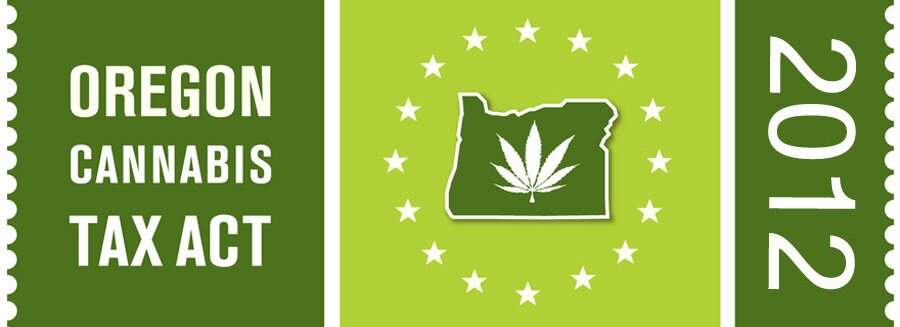Shut Up & Vote
Oregon pot-legalization advocates push to follow California’s lead.
By Peter Griffin, WW
 After decades of dashed hopes, leaders of the movement to legalize marijuana believe their goal is poised to become a reality this year.
After decades of dashed hopes, leaders of the movement to legalize marijuana believe their goal is poised to become a reality this year.
They got renewed momentum last week when organizers of an initiative to legalize cannabis in California submitted enough signatures to put the issue on that state’s ballot this November. And Oregon pot advocates are confident the Beaver State will not be far behind.
As candidates for governor, the Legislature, City Hall and Multnomah County campaign in Oregon’s May primary with their proposed solutions to budget problems, pot-legalization supporters are working to get an initiative similar to California’s on the November ballot here. Legislation backers are pitching the proposal’s economic benefits. Advocates say legalizing pot and taxing it could generate at least $100 million a year and save as much as $75 million annually on law enforcement.
The Oregon Cannabis Taxation Act, like California’s proposal, would let anyone 21 and older possess up to an ounce of marijuana and set up a committee to regulate distribution and taxation.
The Oregon proposal, which also would prohibit the regulation of hemp, has until July 2 to collect 82,679 valid signatures from registered voters to make the November ballot.
The state Supreme Court last week dismissed a challenge to the initiative language, providing another momentum jolt for the proposal.
The court decision means signature gathering can begin for what would be Measure 73. Initiative author and chief petitioner Paul Stanford is confident Oregonians will put cannabis legalization on the ballot.
“I think we have a perfect storm of various factors,” Stanford says.
He cites the economic benefits of taxing marijuana, and says hemp could be the next big player in sustainability because it is three times more productive than other sources of biodiesel fuel such as soybeans and sunflower seeds.
“The cannabis and hemp industries will create thousands upon thousands of jobs,” Stanford says. “It will bring an economic boom to Oregon.”
Stanford also points to recent polls showing greater social acceptance of marijuana than in 1986 when he got the Oregon Marijuana Initiative on the ballot. That measure got only a 26 percent “yes” vote.
Unlike the 1986 proposal, which would have legalized cannabis for anyone over 18 and lacked a plan for distribution, the 2010 initiative would create an Oregon Cannabis Control Commission that would regulate distribution.
“This is a radically different bill,” says Stanford, adding that his group aims to raise $350,000 for the signature-gathering effort. If Measure 73 makes the ballot, Stanford says it’s got a “50-50 chance of voter approval.”
The signature-gathering firm will be Democracy Resources, a ballot measure organization with a long track record.
Kyndall Mason, Democracy Resources’ director of field operations, believes this effort will reach its goal of 125,000 signatures by mid-June. This group is collecting more than the number of signatures needed to guarantee enough are valid.
“The interest has grown quite rapidly in last few months,” Mason says. “The volunteer base for this initiative is as strong if not stronger than many [initiatives’].”
Source: http://www.willametteweek.com/editorial/3621/13861






















